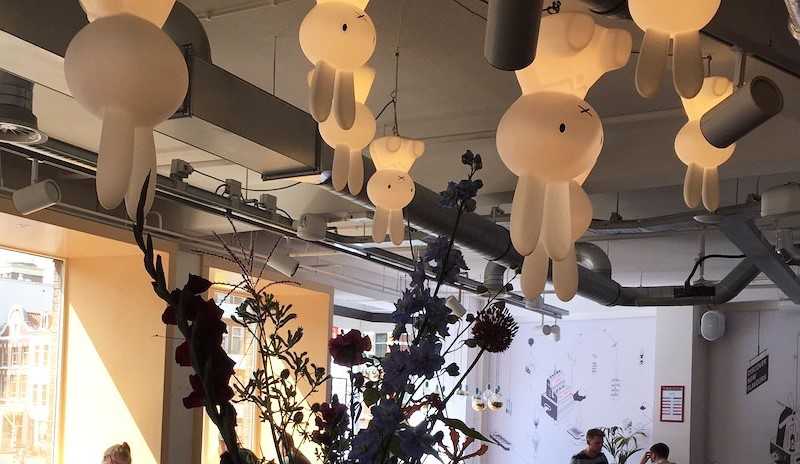MILAN, Italy — A workshop in which food and tech come together and develop to involve customers in an all-round experience: tomorrow’s bars are changing to cater to the needs of a new clientele. “The bar of the future will be a place where more healthy products will be served and where foodtech will become increasingly popular,” says Cesare Crosti, president and CEO of Almar.
“We will be witnessing a more elaborate array of food and drink, as the most familiar products are revisited and reinterpreted through foodtech.”
Bars are also changing in relation to the services they provide at different times of the day. “We believe in particular in broadening the breakfast range, to make it more varied and international, as well as consolidating the café service and aperitif time,” says Valeria Castellini, marketing manager of Sirea.
“The bar of the future is meeting the needs of consumers with a fast developing food culture, who are increasingly aware that eating and drinking is very much about lifestyle, and that it covers different areas. Bars want to evolve and become more characteristic, more of a reference point for people and not just somewhere you call in quickly, offering healthy products, ideally made from locally-sourced ingredients.”
Technology will certainly be playing an increasingly important role, believes Vassilis Roubis, CEO and founder of the Greek bfresh spitiko, with “innovative solutions that will bring value to HoReCa businesses, saving effort, time and money. Consumers are more health-conscious, a fact that will lead to better quality products. Automation will also play a leading role but we think that at a certain point artisan products will gain a significant market share.”
“In recent years bars have evolved considerably and we don’t expect this wave of innovations to stop,” says Helmut Cardile, on-premise marketing manager for Red Bull. “We certainly expect to see an increase in the care and attention paid to consumers, as part of the effort to give them a more rounded experience, going beyond food and drink to cover also design, music and entertainment generally.”
A “smart and sustainable” bar is envisaged by Angela Giampaglia, marketing & communication manager for BEVCO. “Consumers are becoming increasingly sophisticated and demanding, they live in a hectic world in which time is in short supply and in a digital age in which information and content is widely available and instantly usable. Tomorrow’s bars need to be multi-functional and versatile enough not just to cover the various moments of the day and offer alternative kinds of food for those with particular dietary needs, but also to offer smart spaces and services. There needs to be an interchangeable atmosphere to suit the different moments of the day, with workstations where people can charge their devices or print off documents, in other words a range of multimedia services offered so that they can access information on what they are eating or drinking, and record their own customer journey in order to access services even more quickly.”
Last but not least, sustainability involves “low-energy equipment and the use of dosing devices and dispensers, recyclable materials and reusable bottles and containers in order to cut down considerably on the amount of plastic used.”


















